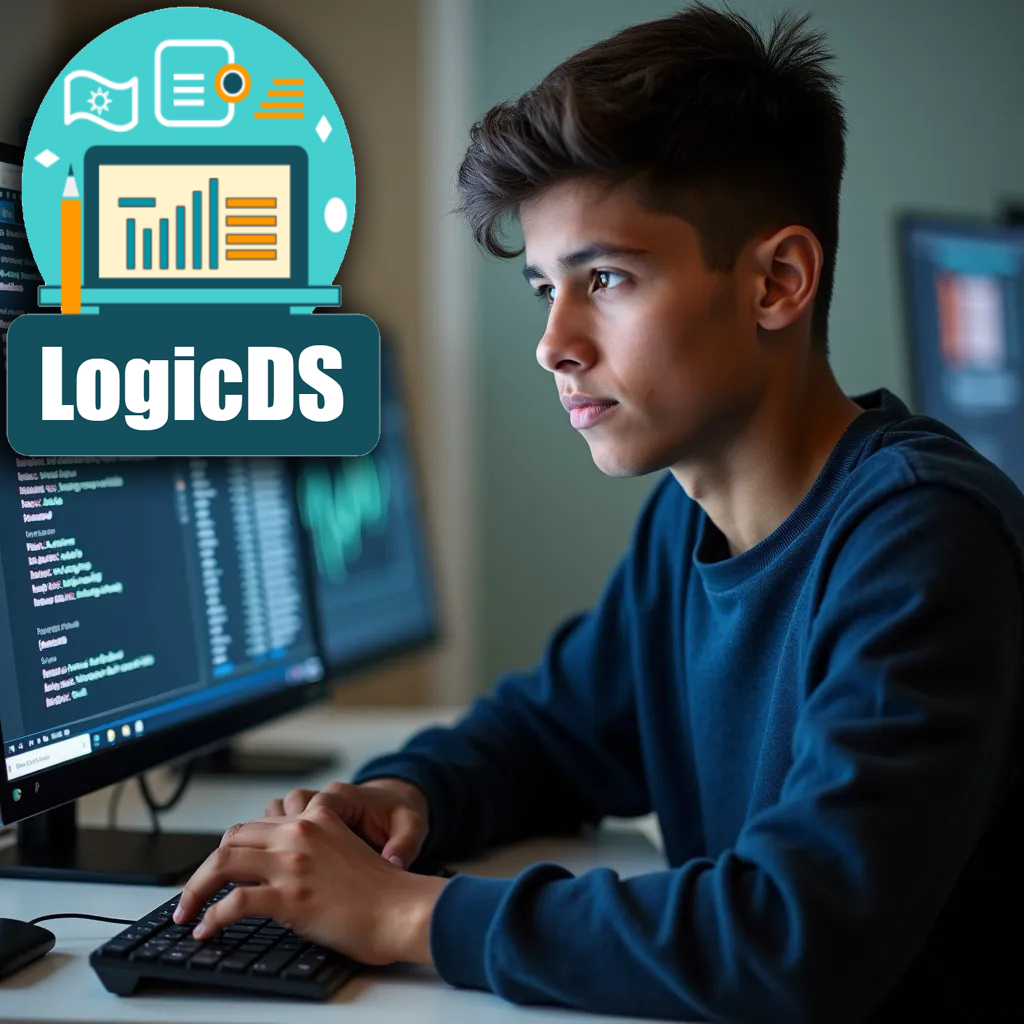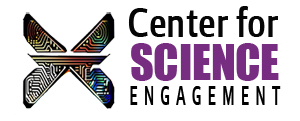The Center for Science Engagement is a partner in the NSF-funded LogicDS Project, along with University of Florida, WestEd, Concord Consortium; housed at Texas Tech University.

Data science and Artificial Intelligence are transforming science and industry, with a strong demand for skilled professionals. The LogicDataScience (LogicDS) curriculum, currently being taught at Florida Virtual Schools (FLVS) introduces high school students to this field and related careers, aiming to overcome educational barriers, particularly for rural students lacking access to STEM courses and qualified teachers. Emphasizing the integration of computing, mathematics, and statistics through mathematical logic, this novel approach enhances learning by linking statistical and computational concepts, thus making data science more accessible and reducing cognitive load.
Prototype Curriculum – Short Course; TRY IT YOURSELF
If you’d like to try the LogicDS curriculum and course yourself, please visit our prototype online short course, hosted on L.A.R.A. / Activity Player, via this link (please note that this prototype site is slow-loading)
Information about the LogicDS Pilot Project
Pilot Study: 2024-2025
- Full PD course conducted summer 2023
- Workshops & virtual supplemental materials created in 2024
- Week of Data Science (WODS) study conducted in April, 2024
- 110 participants signed up, with the majority completing the study
- Focused primarily on rural, underserved communities (30% declared that they were from either rural or small town/city communities
- 20% of 93 participants who answered were African American/Black; 27% were LatinX/Hispanic
Curriculum Development Proiect Status
- Established a collection of datasets and problems based on popular modern concepts (that, based on interest, will interest high school aged students) and mainstream courses on data science
- Established a “universal language” centered on mathematical logic unifying computing, math and statistics subjects
- Developed a sequence of introductory data science concepts into a virtual, asynchronously delivered course
- Created 17 lessons. (6 lessons have been used in a pilot study)
INITIAL RESULT: Enhanced familiarity with data science
- Before joining the pilot study, only 3 out of the 93 respondents answered, “I know a lot about it (data science).” (3%)
- After completing the lessons, 28 out of the 65 respondents answered, “I know a lot about it (data science).” (43% of respondents)
INITIAL RESULT: Students enjoyed LogicDS lessons
“I really enjoyed the learning I did in these lessons” – 75% of those who answered (64) either agree or strongly agree
Future Directions
Two additional rounds of testing are planned for the LogicDS course in the near future; finalized course materials, along with associated virtual Professional Development classes and supplemental information will be made available for use by the general public, following the completed research and usability testing session. We are currently developing a new AI-based LMS to support this and other related research. If you’d like to partner with us, or be involved in future professional development, usability testing/consulting, or to serve as a testing site (both paid and volunteer opportunities available) please reach us via the Contact page above.
More information about this project, including draft curricular materials, and details about our team, approach and relevant publications will be made available for the public to use for free in the near future. Please be sure to return to this site for updates, or join our mailing list.
LogicDS NSF Conference Project Update Video:
Funding
The LogicDS project, including this online material, was supported by a grant (Award
#2201393) from the National Science Foundation (NSF) and is a collaboration between Texas Tech University, University of Florida, The Center for Science Engagement, WestEd, and Concord Consortium. Any opinions, findings, and conclusions or recommendations expressed in this material are those of the author(s) and do not necessarily reflect the views of the National Science Foundation.



